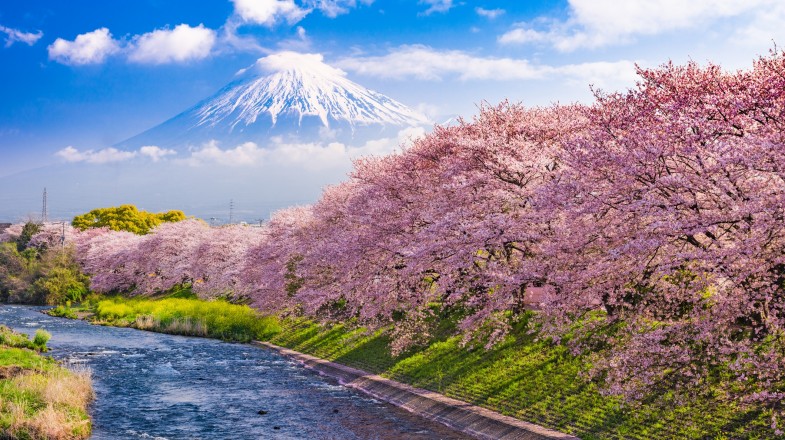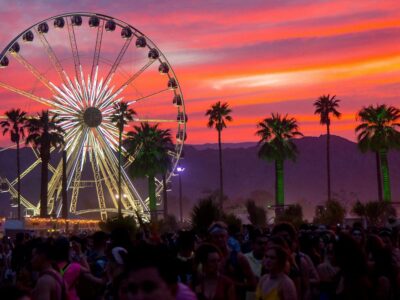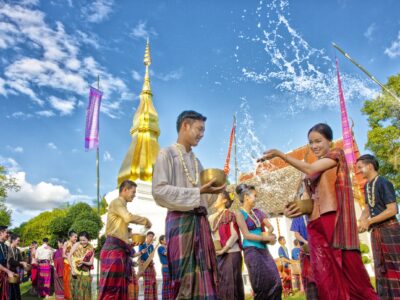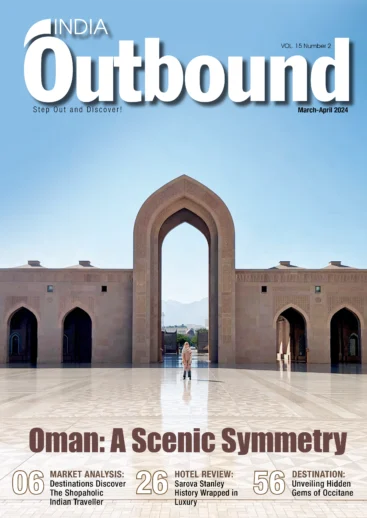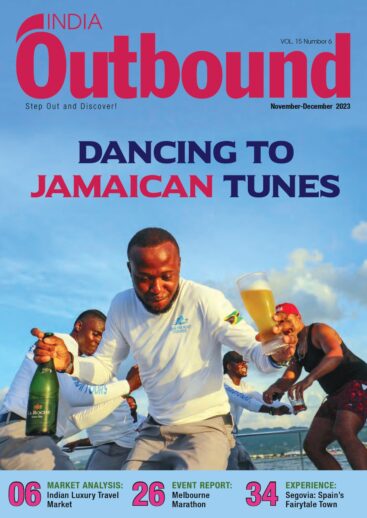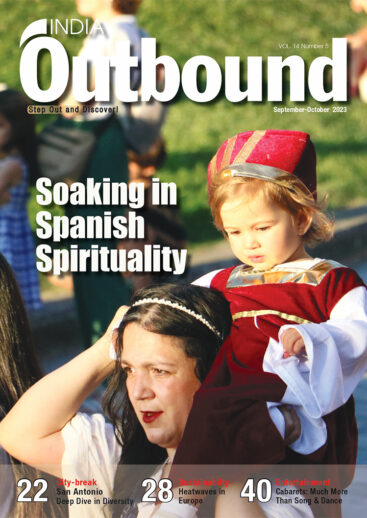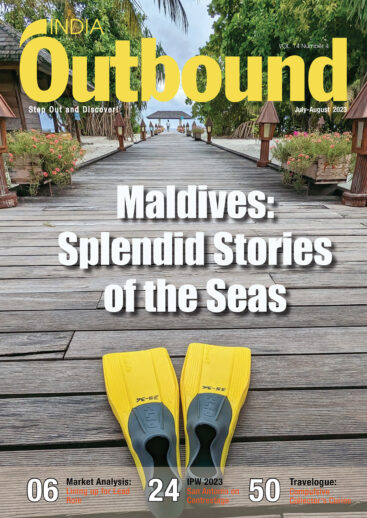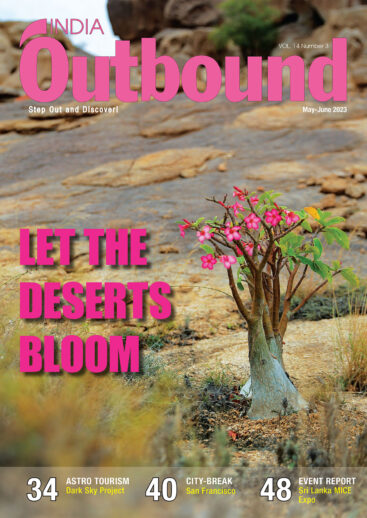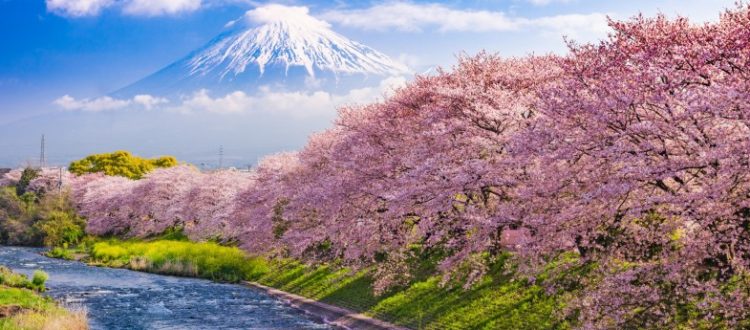
(picture credit: Bookmundi)
Spring has always been associated with the idea of rebirth and rejuvenation. The wrath of winter is finally over and the signs of life forms begin to appear. And the moment is celebrated across the world.
Spring marks the end of the dreary wintry cold months and the arrival of warm sunny days. For thousands of years, the advent of spring has been a reason for celebrations around the world. Either through religious or cultural influence, spring has always played an important part in festivals. These festivals are generally very colourful and vivid to symbolise life in contrast to the white snow or barren plants that represent death. Here is how the world celebrates spring:
Las Fallas, Spain
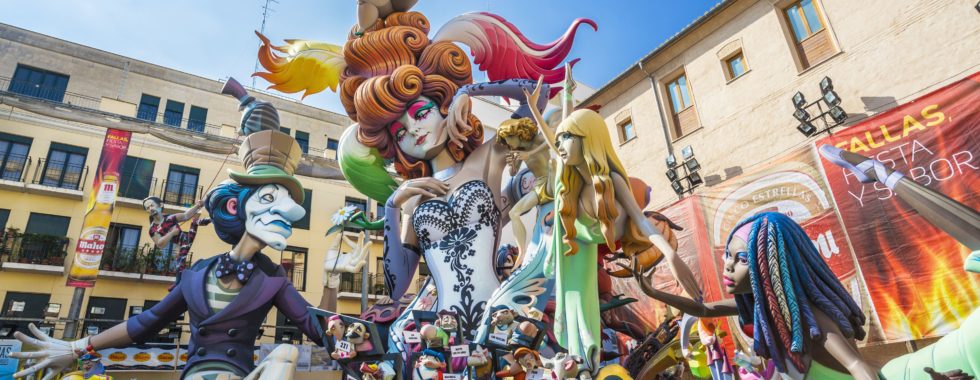
(picture credit: TripSavvy)
Las Fallas, a traditional celebration honouring St. Joseph, centres around large papier-mache puppet (fallas) made of a combination of paper, wool and wax. These fallas usually satirise politics and social customs. On the final night, the fallas are burnt to the ground amidst fireworks. It is one of the most unique spring festivals around the world that celebrates equinoxes and solstices by setting things on fire, not unlike India’s Holi. It is a week-long festival for which millions of people turn up in the streets to join the parade. During the final week of the festival, music fills the streets, participants don traditional outfits, and revellers party in the streets until sunrise. Fallas means torch, therefore, anything old and discarded is burnt in the massive bonfire. Enormous ninots or life-like dolls and puppets depicting bawdy, satirical scenes are set on fire too.
When: March 15-19, 2020
Where: Valencia, Spain
Marzanna, Poland
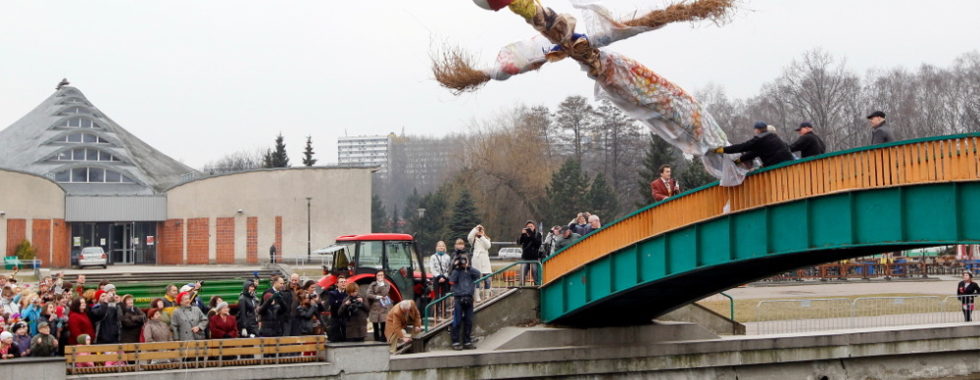
(picture credit: Iamus dworski- Tumblr)
The people of Poland use the force of water to put an end to winter’s wrath. People in the villages make a doll made with straws which they call Marzanna. It is the Slavic goddess of winter, plague, and death. Marzanna was a goddess that personified winter – the ‘death state’ or ‘sleep state’ of the Mother Earth. As the ritual effigy, Marzanna is also gaining other meanings related to various states of passing away, general death or sickness and other unfortunate events, usually connected to the tough and grim wintertime. As part of the ritual, she is meant to be drowned, and sometimes she’s also set on fire before being thrown into the water. In a symbolical meaning, this rite was an act of sending the winter away to prepare nature for a spring rebirth.
When: March 21, 2020
Where: Warsaw
Cherry blossom festival, Japan
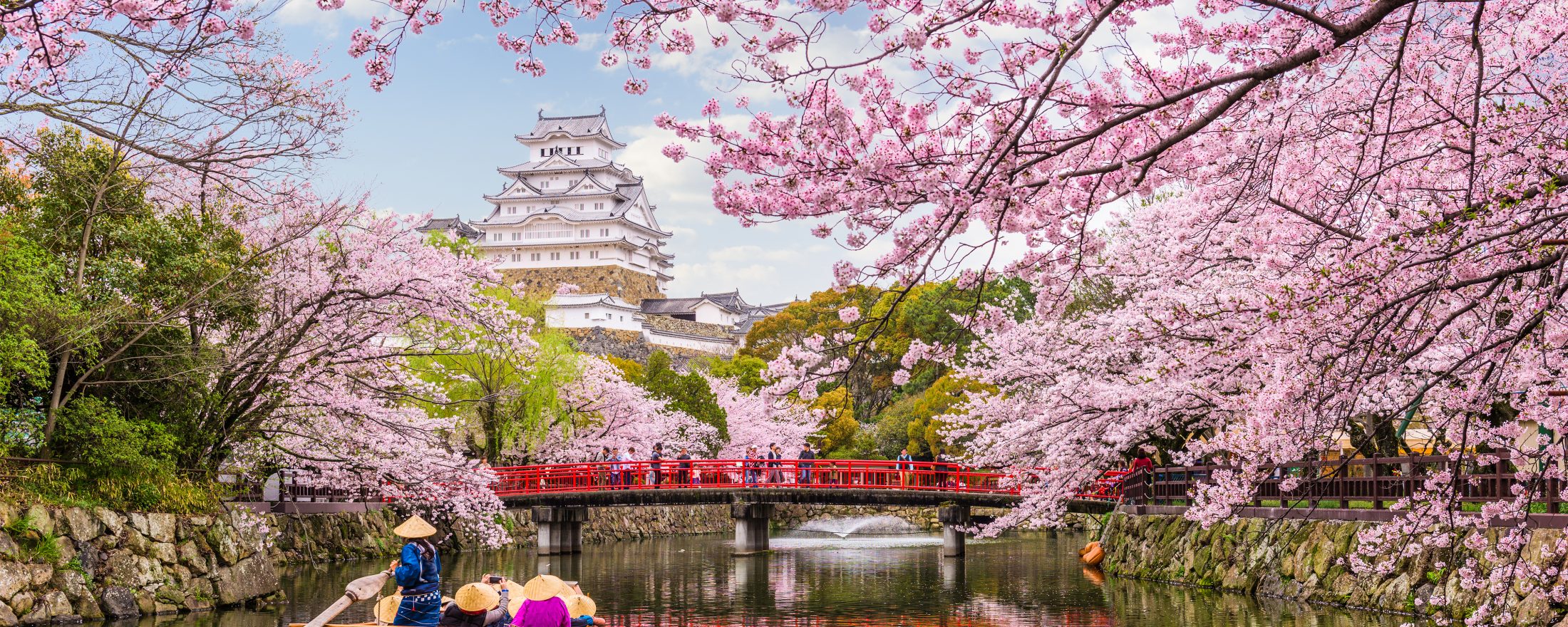
(picture credit: The Times)
Also known as Hanami, Cherry Blossom Festival is a Japanese tradition to welcome spring and appreciate the beauty of sakura, the Japanese term for cherry blossoms. Sakuras are considered the flower of spring, symbolising a time of renewal. Depending on the region of Japan, the festivities can begin at the beginning of April or in mid-May, especially in areas like Hokkaido, where Sakurai bloom much later. As part of the celebration, people gather under the blooming cherry blossoms with food, drinks, and music to bond and meet new friends. At night, the trees are illuminated to continue the festivities in a romantic custom called Yozakura. It is that time of the year when the whole of Japan turns into a scene from a fairytale with flowers springing every year. It is indeed one of the most beautiful spring festivals across the world.
When: End of March
Where: the whole of Japan
Songkran, Thailand
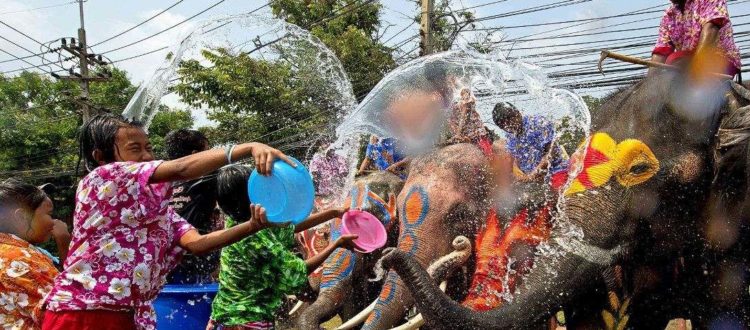
(picture credit: The Thaiger)
The Songkran Festival, which is tied to the Thai New Year, occurs each year in mid-April for three days. It’s a time to clean, reflect, and pay respect to the neighbours, family and the elderly. During the festival, people bring food to local monks and bathe Buddha statues in water, while younger Thais pour scented water over the hands of their elders for luck and prosperity. The Songkran Festival is also known as the water festival. It celebrates water as a ritual of washing away negativity from the year before. People celebrating Songkran take part in a traditional pouring of water that symbolises washing away back luck and sins from a person’s life. Some people add herbs to the ritual water, as well. Over the years, this tradition has evolved to include a massive water fight with water balloons and super soakers.
“While international tourists see Songkran as a boisterous fun festival, for Thais it is a traditional time to place family first, pay respect to one’s elders and visit temples. Visitors would get more out of Songkran if they take the time to embrace its origins and traditions. To showcase local traditions of the annual Thai Water Festival, in 2019, Tourism Authority of Thailand staged Songkran festivities in the three emerging destinations of Tak, Mukdahan and Ranong. It also supported activities in 10 other provinces namely Bangkok, Ayutthaya, Chachoengsao, Chon Buri, Chiang Mai, Sukhothai, Lampang, Udon Thani, Songkhla and Phuket,” Yuthasak Supasorn, Governor of Tourism Authority of Thailand tells India Outbound.
When: April 12-16, 2020
Where: Chiang Mai
Sechselauten, Switzerland
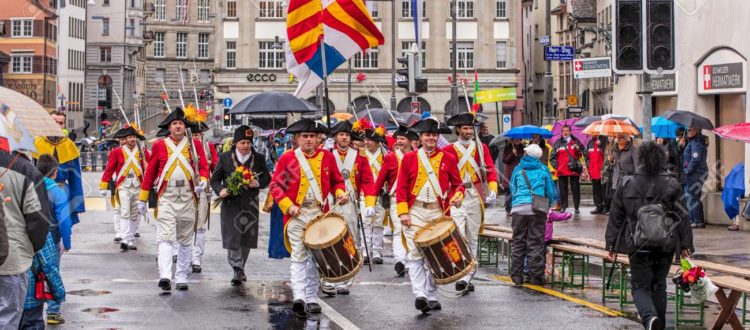
(picture credit: 123RF.com)
People in Switzerland are so happy for winters to be over that they celebrate the onset of springs with burning an effigy of a snowman, a tradition dating back to the 16th century. The name of the festival means “to ring six” and refers to a medieval tradition. The tradition of the festival dates back to the 16th century when it was decided that the second largest bell in the Grossmunster church should sound to mark the arrival of the spring on the Monday after the equinox. The giant snowman called ‘Boogg’ represents the end of winter and is made with old clothes and fireworks. According to lore, the faster the Boog’s head explodes the more pleasant the following summer will be. Thousands of Zurich’s inhabitants usually watch the spectacle and round off the day by using the remains of the Boog’s stake as a barbecue. The two-day event also includes banquets, parades, and humorous speeches, one of the most common traditions around the world for spring festivals.
When: April 20-22, 2020
Where: Zurich








